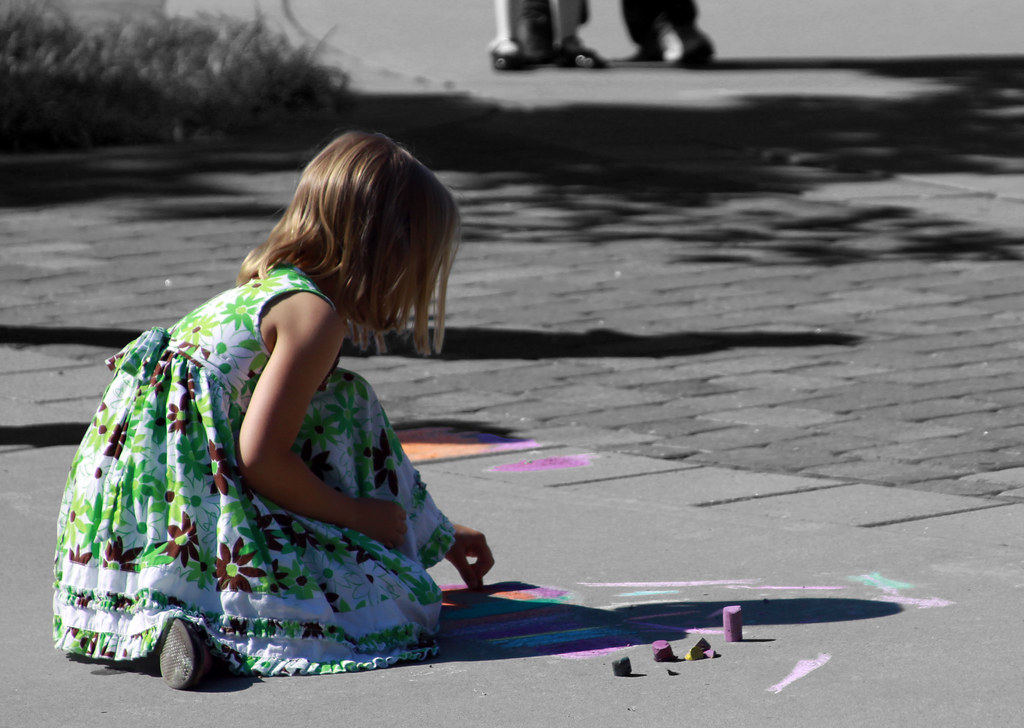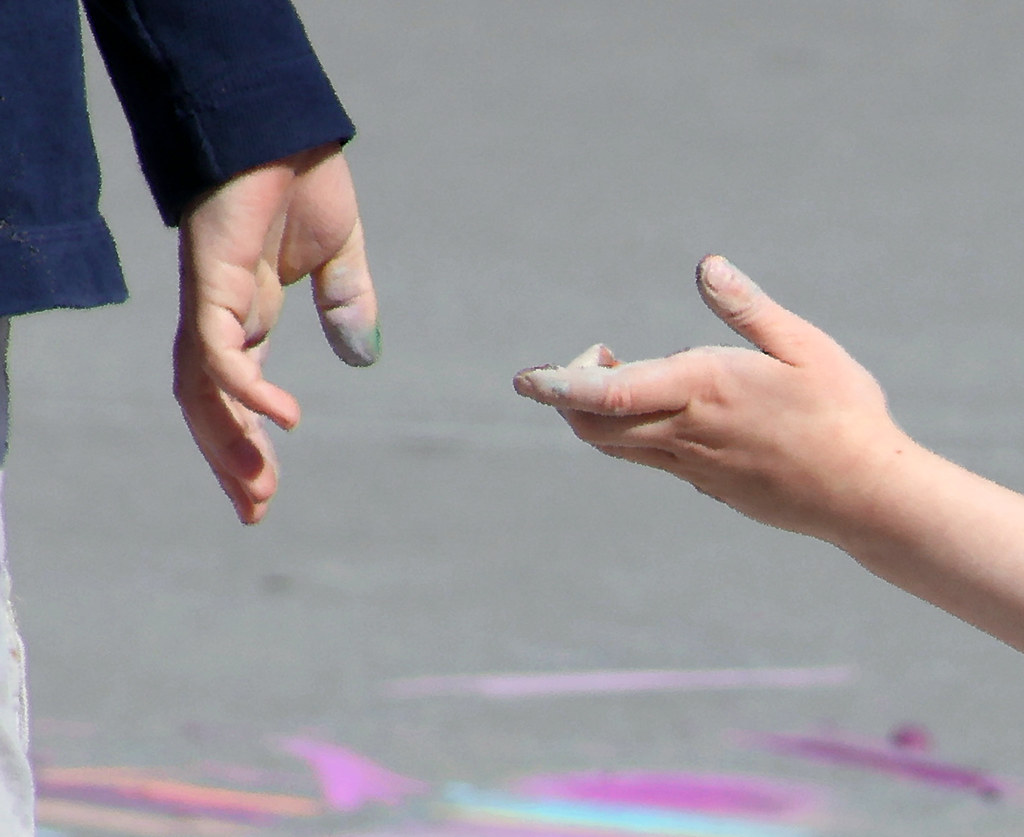Okay, so in my previous post I basically pulled the rug out from under a few (vaguely) identified people in the original
Laramie Project in order to show one thing: this play represents the university side of the social divide a lot more heavily than it does any other. I guess that the next question would be this:
does this matter?
In one important way, it does. And in one important way, it doesn't. That's what I'd like to go through with you today. Before we go on, though, I'd like to beg your attention to one thing: you can't read this post alone because you'll get a distorted view of my opinion. Definitely read the next two posts too, so you can get the full picture.
Now that I'll tell ya, here in Laramie there is a difference and there always has been. What it is is a class distinction. It's about the well-educated and the ones that are not. And the educated don't understand why the ones that are not don't get educated.
--Marge Murray in TLP (2000): 16
Henderson and Pasley live in a rural, windswept trailer park amid weeds, engine parts, fishing tackle, and barking dogs. A neighbor, John Gillham, 21, said the couple generally kept to themselves.
About a thousand people attended a candlelight vigil Sunday night near the University of Wyoming campus to show their support for Shepard.
-- AP Online report, Oct. 12, 1998

Just past First Street in Laramie there is a huge railway switching station that divides the town in two; it's enormous, with the parallel tracks stacked up for at least the width of a city block. Alison Mears and Marge Murray talk about their own connection to the rail yard in detail. My own connection to the yard is a little different. I used to spend a lot of time out there when I was a freshman; there's a catwalk that goes over the tracks right next to Coal Creek Coffee Company, and I used to stand on that bridge to watch the trains go by so I could clear my head. Those tracks literally divide the town into two stations, the well-heeled university town and the proverbial "wrong side" of the tracks, West Laramie.
West Laramie used to be the housing block for railroad workers, mechanics and day-laborers, and the houses can be small, gentrified and shabby. In reality, the distinction is more metaphorical than anything; some of the apartments that the university and Tech students rent on the east side get pretty run-down, too (Laramie has a bit of a college housing problem), but that's not the identity stuck on the other side of town. For me, the tracks delineate that divide between "town and gown" in Laramie fairly effectively: the university represents wealth, intellectualism and (to the town people) class snobbery and intellectual elitism, and West Laramie represents poverty, conservatism and (to the university) social disorder, intolerance and ignorance.

So, how bad is that divide between "town and gown" in Laramie? Well, it's pretty distinct, and the angst on both sides can be bitter. To be straight with you, this distinction is one I've struggled with for most of my career. The phrase "oil field trash" might not mean much to you, but it does to me. My father was a roustabout for an oil company most of my life. When I got to college, I found out that my lived experience as the daughter of said oil company field hand didn't fit in with most of my white-collar, middle-class classmates and teachers, and I burned with anger every time I heard someone at the college talk about the laboring classes as "those people" or "ignorant" or "trash." In reality, my father reads more, and reads more closely, than most of the grad students I've met-- and he's also a better poet. When a beloved and revered professor of mine referred apologetically to my family as "white trash," I had to fight not to burst into tears of rage. This divide hits a little too close to home for me.
It's also a divide that has split my family. When I lived in Laramie, both my siblings at some point were living in West Laramie while I lived on the campus, as my brother dropped out of college for personal reasons and my sister was working as a foreman for a traffic control subcontractor. Our daily lives looked nothing alike, and since I was fulfilling my parents' aspirations for a college grad in the family and they weren't, my parents unfairly preferred me to them. And, since they felt the bite of that class antagonism that they perceived coming from the campus, they often saw me as part of the same society and bit back. My sister was convinced for a while that I judged her because she worked construction and her job was "dirty." My brother constantly got into verbal sparring contests with me to prove that he was smarter than I was (although I've never questioned that). Although it took several years of hard work on both sides, this rift has healed quite a bit. In addition, my sister now holds a degree of her own and my brother is back in college; knowing how hard they've both fought to get there, I'm super-proud of them both.

So, that's how I've experienced this divide between "town" and "gown." This same kind of tension between myself and my own siblings eventually turned into part of the problem after the Shepard beating: Matt was a college kid from a wealthy family, the "gown" side of the debate if you will. Henderson and McKinney were from the other side of the tracks in the west, part of the "town." The distinction couldn't have been scripted any better to create class anxiety. And, since I don't feel like Tectonic was able to break in to the "town" side very effectively, it might actually exacerbate the situation a little bit. I'm worried that the "town" feels like that the "gown" is judging them for their faults, something that I've outlined a little already in "Failure to Engage."
These non-identified people-- Lockwood, Woods, and Slonaker-- speak at crucial moments in the play, and to important changes in the community. Lockwood realizes through the media slam that the community's ideals breed violence (46); Woods sees his dream of support for the gay community come true (63-64). And Slonaker? Well... he's Slonaker. He's our voice of reason almost, the universal gay male experience who can stand back and look at the progress of the community critically, exploding its myths.
Whether or not you see these characters as "inside" or "outside" the university can make a lot of difference. For example, here's a little trick I like to play on my students: I have them put together a character sketch of Harry Woods based upon the information given in their edition of the play in preparation for acting his part. I have them map out his position in the community and his acceptance within it, his career, life experience-- some students even go so far as to speculate where he got that broken leg and who they'd recruit to play his part. The results are pretty stunning. Every single group except for two (both extremely skeptical) placed him on the extreme edge of the Laramie society with no community where he finds acceptance, and he's in the laboring class, and that broken leg is often a work injury. (One group even put him in a plaid shirt and jeans, which of course made me giggle.) When I tell them that he's an actor and staff of the Fine Arts department, the characterization completely changes, mostly because they realize that he has a community in which he feels accepted and can find fulfillment. Then, I'm afraid, their characterizations of Harry become a tad less sympathetic.
So, naturally, my students come up with a completely different character sketch of that dour-faced fellow I'd see in the Fine Arts building almost every week before my Wind Ensemble rehearsal. Actors who play Harry run into the same thing, apparently. I had the privilege to chat with the actor who played both Jed Schultz and Harry Woods from the 2006 production of
TLP after the show, and I asked him how he constructed a character for Harry. (It wasn't too far afield of my students' analysis). Then I told him who Harry was, and he was really surprised; when I asked him if he would have portrayed Harry differently if he'd known his occupation, this actor said, "Heck yeah. That really changes things." He then told me how he believed that knowledge altered Harry's placement in the community and whom he speaks for.
So is this a
problem, I ask again? I've already outlined how it is a problem in the way it exacerbates the class antagonism in Laramie. If you're a Laramie resident and you
know that these enlightened and more judgmental opinions are coming from the university (like so much of the rest of the play), this play really could feel like just another attack by the intellectuals on the mores of the society at large. I can only imagine that people like my siblings, who know who Harry Woods is (and didn't like him) would have listened to Harry give his lines back then and reject what he has to say because of whom they think he represents. In their minds, Harry doesn't represent
them. He represents others. And covering up that fact in the play to them would just feel like deception.
So, did Tectonic realize this problem? Belber says they did, and that's part of why (I think) these people labeled as "residents" aren't identified by occupation like most of the other interviewees
are. I see a need on their part to have more of a universal voice for certain opinions-- like Jeff Lockwood's realization that "we really do grow children like that here" and Harry Wood's relief and gratitude at seeing the cold war between straight and gay thaw a little at the homecoming parade. They really needed those opinions to come from the community as a whole and not just from university professors and actors. So that's what they became-- Laramie residents. They flattened out the specificity of these people to remove their "gown" association on the "town and gown" conflict to make them, as Laramie residents, speak for the whole community and not just a part. They effectively hide it.
So there's a really good reason to
want to provide that kind of class anonymity for some voices, and that's what I'd like to look at in my final post on this topic.
PHOTO CREDITS:
1) The footbridge across the tracks, Laramie WY, courtesy elmada's Flickr photostream:
2) Looking north from the footbridge, courtesy elmada's Flickr photostream (same license as above.)
3) Coal Creek Coffee Company in Laramie, WY, courtesy elmada's Flickr photostream (same license as above.)
4) The Laramie rail yard, courtesy of ChiaLynn's Flickr Photostream:











